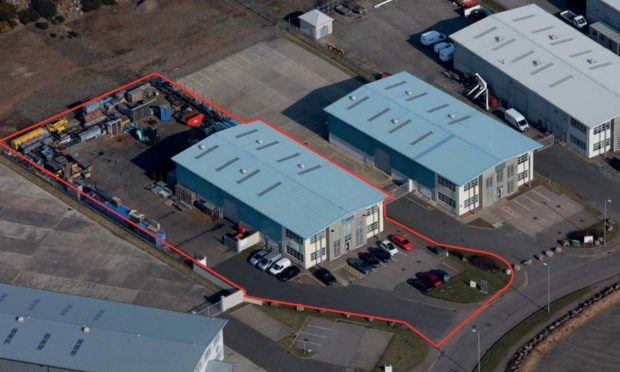In the north-east we have been aware of the need for energy transition away from fossil fuels to renewables for many years, and we are willing supporters of the process.
North Sea oil and gas should be seen as part of the solution to climate change, as opposed to being part of the problem.
We anticipate an increase in occupier activity from oil and gas operators in Aberdeen over the short term.”
The pandemic brought with it an acute focus on sustainability, and a significant change in political rhetoric surrounding energy transition.
It also brought forward the transition timescales by a number of years.
Instead of planning for gradual evolution, new promises of an immediate change away from fossil fuels were made.
At a local level, this mood change presented a challenging occupational market in Aberdeen.
New jobs in renewables have not appeared as quickly as oil and gas jobs have disappeared.
As we emerge from the pandemic facing significantly higher oil prices as a result of macro geopolitical uncertainty, energy security in the UK is now acknowledged by most people as being of huge importance.
Where it is necessary to consume fossil fuels during the transition period, many believe we should be aiming to rely on those extracted domestically in a highly regulated environment.
This is as opposed to importing them from elsewhere in the world, with the associated carbon costs of doing so and from less regulated markets.
Political rhetoric from the UK Government appears to have shifted in support of further sustainable exploration and production.
Increase in oil and gas occupier demand
As a consequence, we anticipate an increase in occupier activity from oil and gas operators in Aberdeen over the short term.
We have already seen many oil and gas clients “dust off” projects which had previously been paused in anticipation of a change in stance, and office market activity in the first quarter of 2022 supports this.
However, while oil and gas will continue to play a part of Aberdeen’s economy throughout the UK’s energy transition period, what defines the current market – unlike previous years – is the far greater spread of sectors driving office demand.
What is now viewed as tangible demand from the renewables sector will be amplified by those industries supporting the recently awarded ScotWind licences.
With 17 licences awarded in the first Scottish offshore wind leasing round in more than a decade, and the first since the management of offshore wind rights were devolved to Scotland, the area of seabed covered by these projects will exceed 2,700sq miles.
It is estimated there will be an associated supply chain investment of about £120 billion.
Aberdeen’s established supply chain infrastructure, with transferrable skills from the oil and gas sector, is well-positioned to support the growth of the offshore wind industry.
In the short-term, renewed activity in Aberdeen’s occupier market is focused around better quality, energy-efficient office space.
Given a non-existent property development pipeline, we anticipate a tightening of quality office supply.
Dan Smith is head of the Aberdeen office of property giant Savills.










Conversation